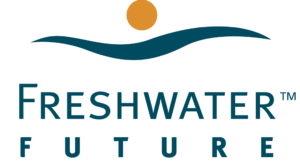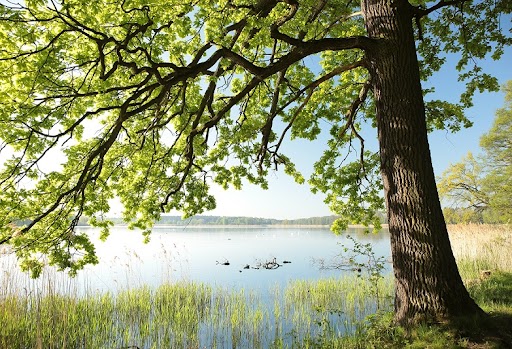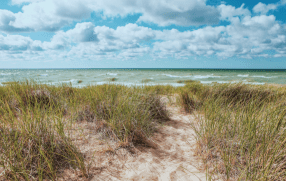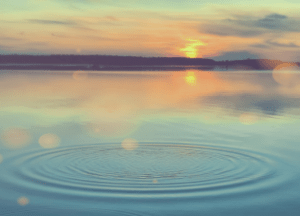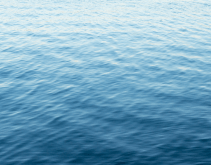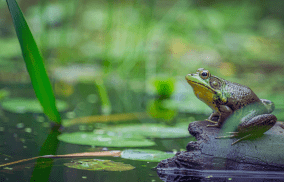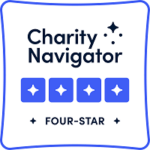Save the Date–June 22, All About Water Convening: Get Your Community in the Queue for Water System Upgrade Funding
Upgrading drinking water systems and removing lead pipes are costly expenditures for cities and municipalities. Over the next five-years additional funding will be available through the State Revolving Fund program, and a significant percentage is targeted for disadvantaged communities. The All About Water group wants to ensure the funds are distributed equitably. Mark your calendar and join us on Wednesday, June 22, 2022 from 9:30 to Noon, to learn more about how to urge your community to get these funds. Stay tuned for upcoming event registration details.
Ohio Legislature Moves to Weaken Regulations Aimed to Protect Streams
Ohio has over 36,000 miles of seasonal streams that are critical to reducing polluted runoff and preventing flooding. Unfortunately, this week the Ohio legislature sent a bill (HB 175) to Governor DeWine’s desk that removes protections for these important water resources. Your urgent action is needed to protect Ohio’s streams. Please urge Governor DeWine to veto this harmful legislation that may result in increased pollution and likelihood of flooding. Ohio residents can click here and through our online system send the message directly to Gov. DeWine. Great Lakes supporters can click here to sign a petition that Freshwater Future will send to Governor DeWine on Wednesday of next week. Thank you for taking action. The health of our downstream lakes and rivers that are often a source of drinking water depend on strong protections for smaller streams.
New Canadian Strategy for Management of Toxic PFAS in the Great Lakes
Environment and Climate Change Canada has just released its new 16 point plan to manage several of the toxic chemicals known as PFAS. PFAS, or per- and polyfluoroalkyl substances, are known to be harmful to human health and extremely persistent in the environment. The strategy’s broad approach includes addressing current regulations, pollution prevention and research, all of which are needed and important to tackle the large-scale, long-term problems these chemicals have on our public health, water, and environment.
Help for Water and Wastewater Bills Rolling Out
The Low-Income Household Water Assistance Program (LIHWAP) provides funds to assist low-income households with water and wastewater bills and is now actively running across the Great Lakes states. This new, temporary funding program makes direct payments to water utilities, allowing households to reconnect or prevent disconnection. The program will run until the money is spent or until the end of 2023 (whichever occurs first). Each state has set up its program a little differently, and the new online dashboard provides details on eligibility, benefits, and other data of interest. To find out if your local utility is participating (unfortunately, participation is voluntary), call the number on your water bill, contact your local government office, or contact your state’s health department for additional information.
